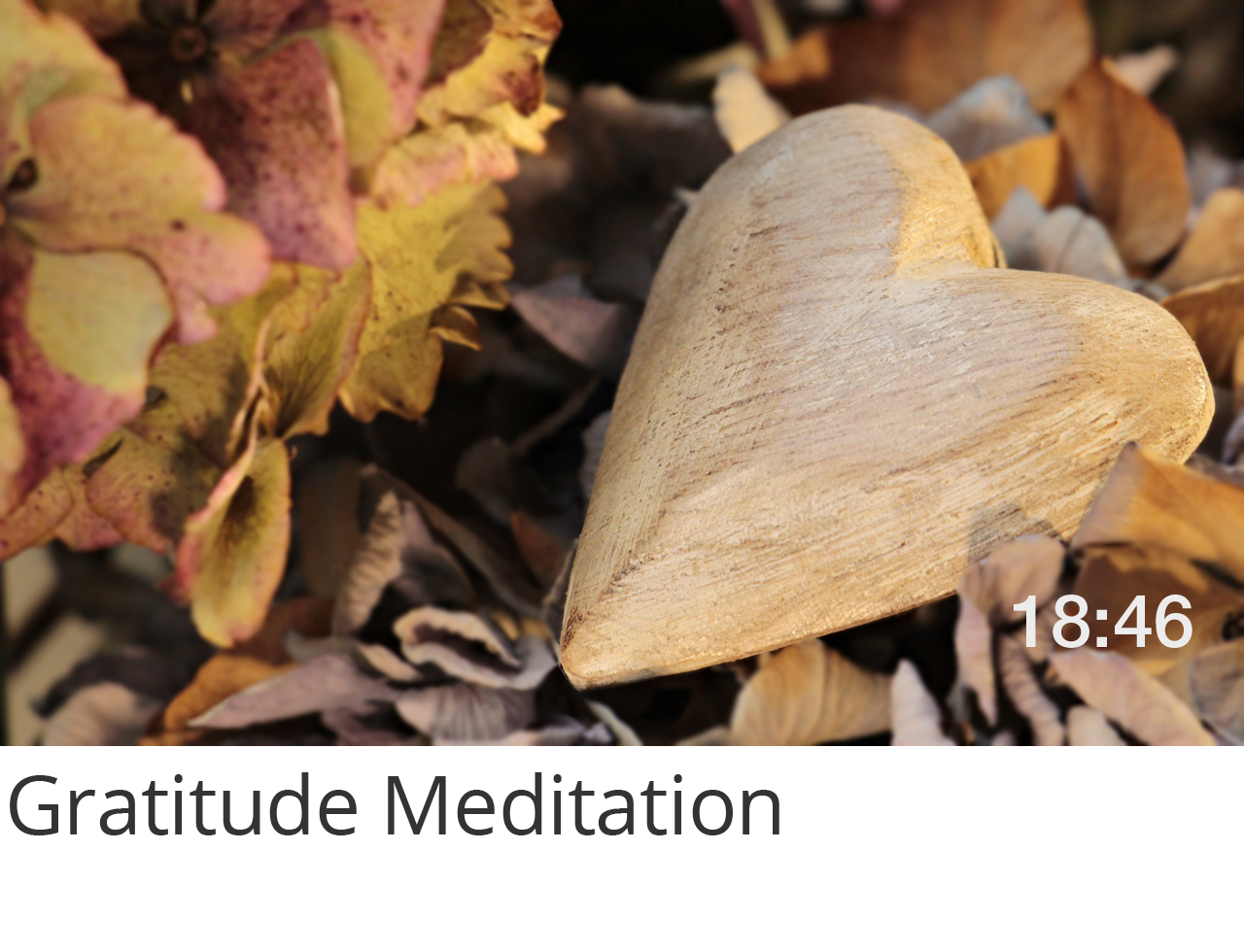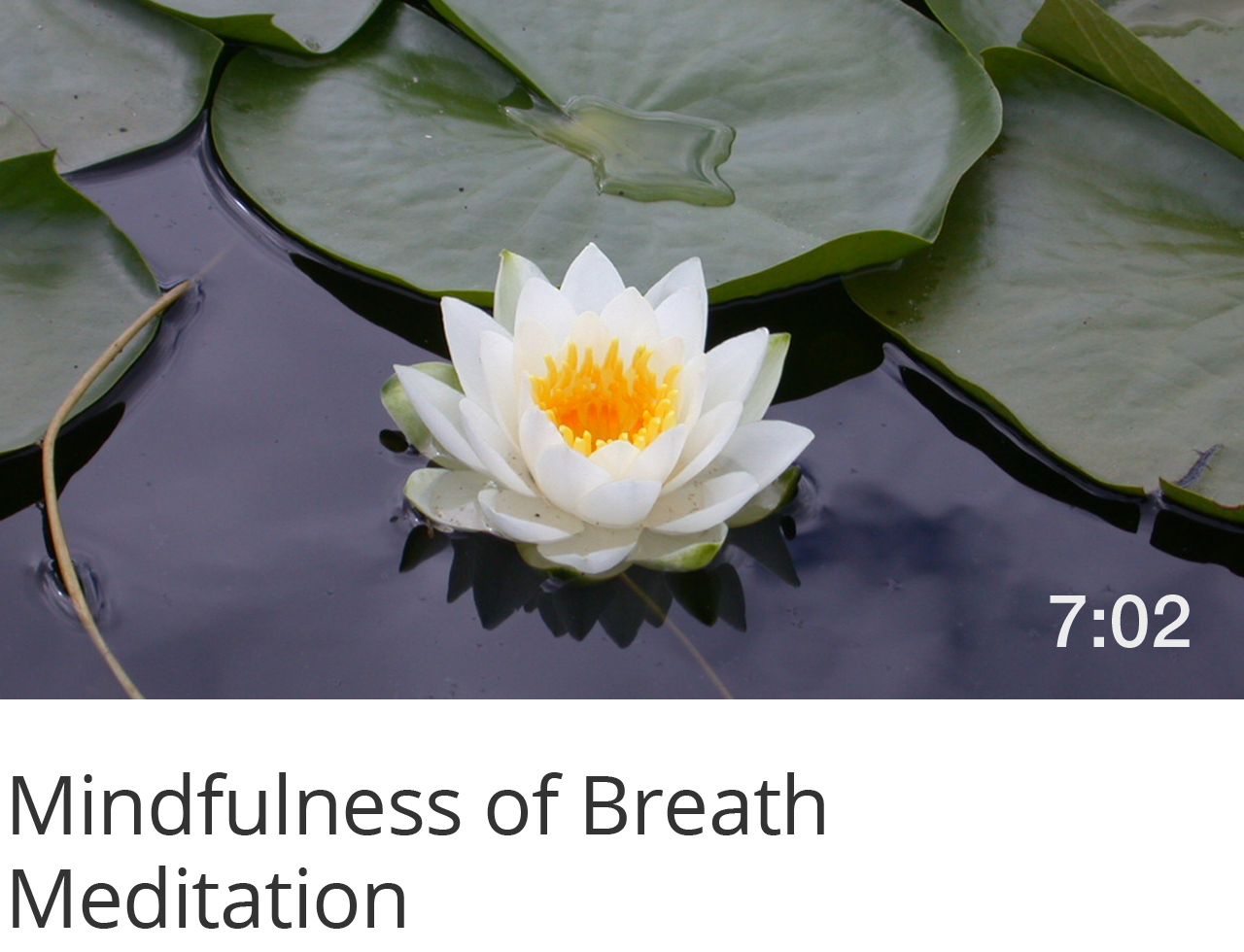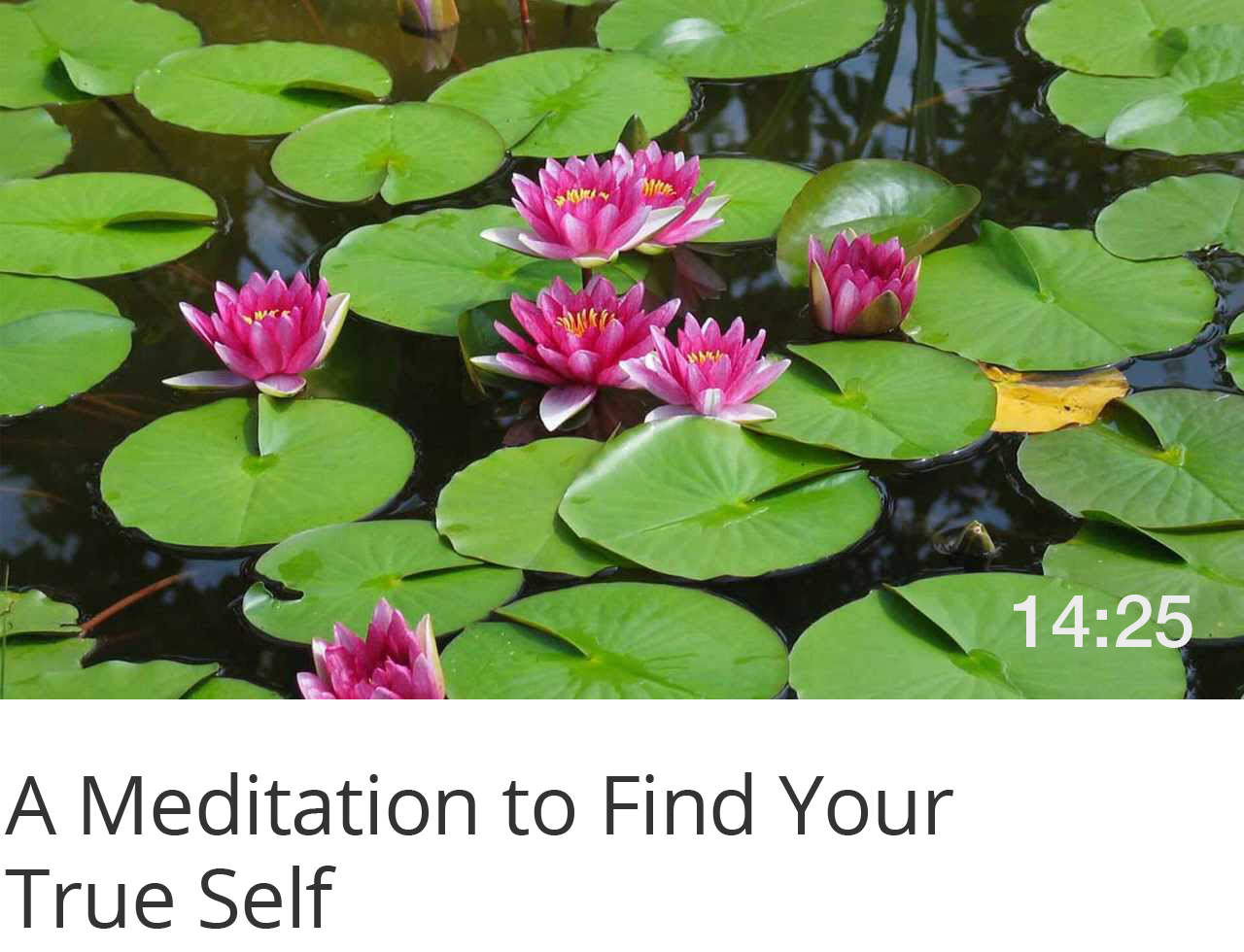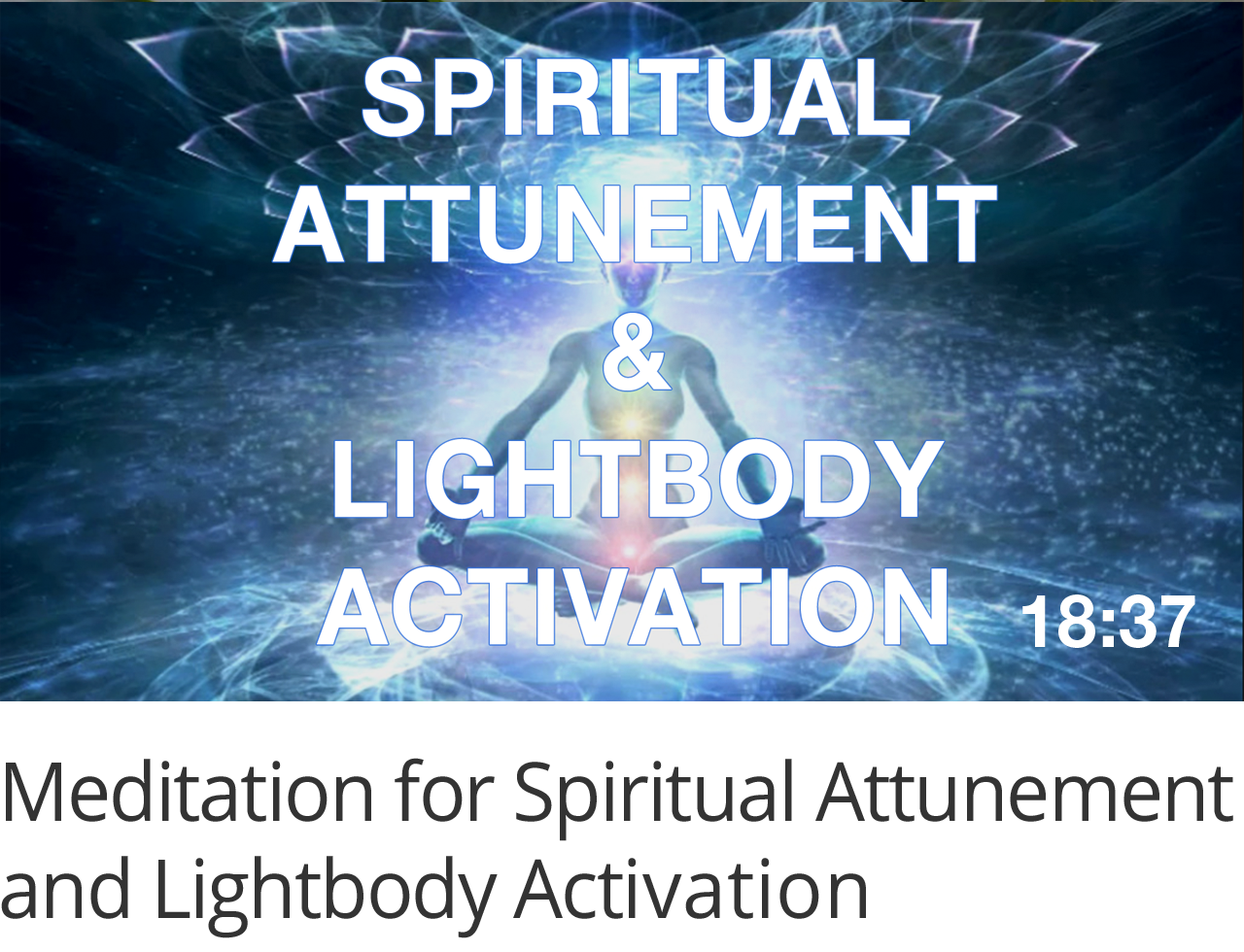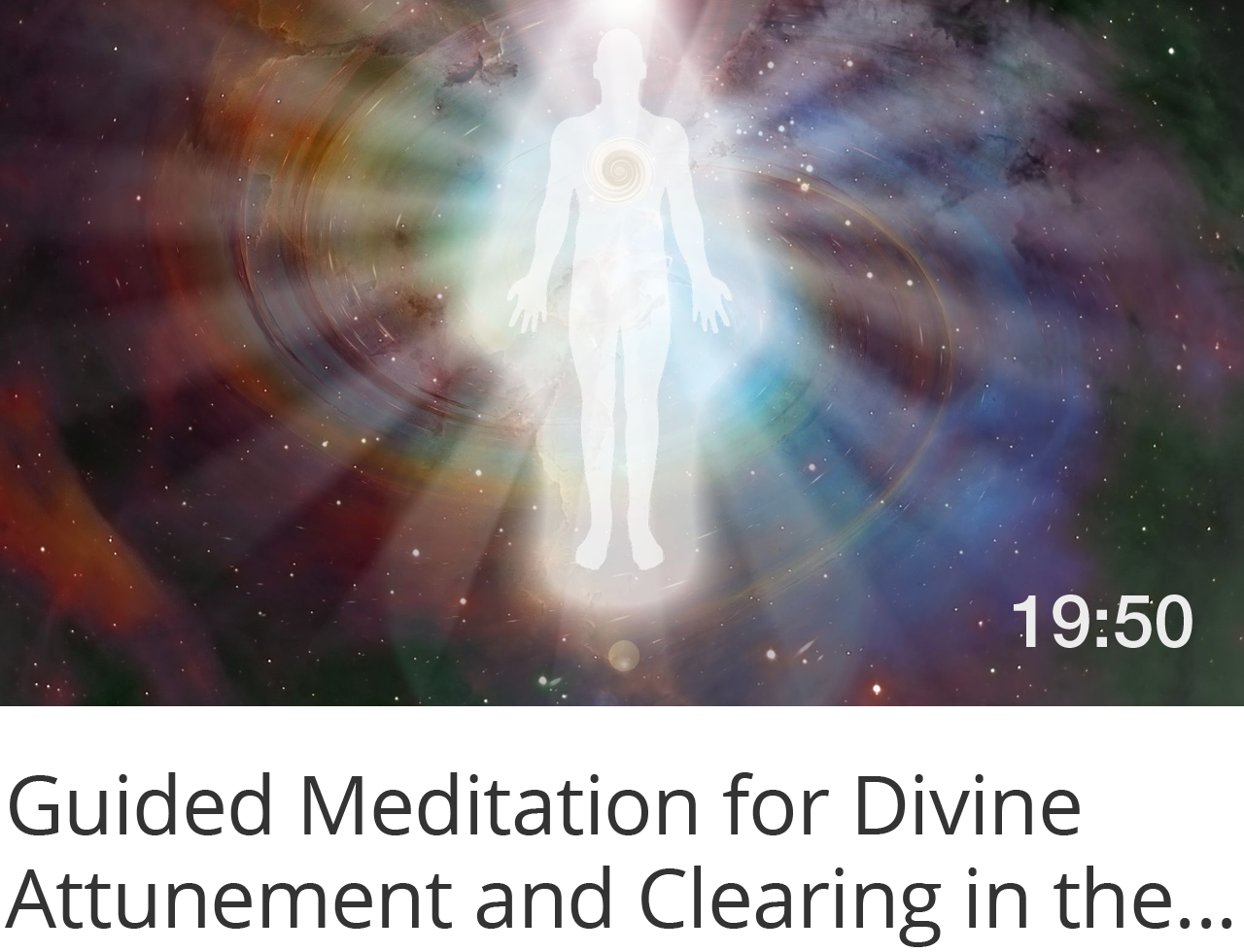Knowing how to improve intimacy in relationships is crucial for authentic relating. Intimacy involves openness, closeness, and connection, without which authentic and healthy relationships are impossible. While the expression of intimacy varies depending on the type of relationship involved, there is a common theme to all intimate relationships of transcending superficial ways of relating and letting go of the persona and ego-defences so that we can connect more from our authentic personality self in all itearts vulnerability, and our true self which is beyond the conditioned personality. Intimacy is not restricted to sexual relationships. A certain amount of intimacy is necessary in all authentic relationships—personal, social, business, and political—because it enables the authenticity and true selves of both people to be engaged.
Barriers to Intimacy
Being truly intimate requires that we have sufficient self-worth, self-acceptance, and emotional intelligence—as well as clarity of presence—to share our authentic personality self with all its flaws and vulnerabilities, and to share our true self. Often we may not reveal our authentic personality self or true self and will adopt a socially or culturally acceptable persona in order to conform to social expectations and not provoke rejection by others. At the start of a relationship, we may hold back our true selves and limit true intimacy to avoid rejection, but in doing so we risk the relationship being built on an inauthentic and self-abandoning foundation. In business we may project an emotionless exterior to keep things “professional” and meet the approval of others in business and conform to the prevailing business culture. But then, by banishing our intimate feelings and our deeper compassionate values, we risk our business decisions being cold, inhumane, and socially or ecologically destructive.
When we decide to honour our authenticity, we will derive our own self-value from our inner authority, inner truth, and compassionate self-acceptance, rather than from the approval of others or mainstream society. By removing the impulse to conform and please others, we no longer have a reason to hide our true selves, and so improve the potential for intimacy.
Ego-defences that interfere with intimacy can be based on the fear of experiencing emotional pain and rejection when we make ourselves vulnerable by opening up. These defences are usually set up in early childhood following the experience of rejection or emotional deprivation with our parents or significant others. While they serve to protect us from further pain and anxiety as a vulnerable and dependent child, when carried into adult life they become a block to healthy, intimate relationships and limit our emotional intelligence.
Being highly reactive, the unconscious fears behind these ego defences are triggered by the prospect of emotional vulnerability and the associated risk of being hurt. As a result, we find it difficult to be intimate in our relationships, and often create unhealthy and neurotic ways of relating in which we lack trust, find it difficult to give and receive, are emotionally distant or withholding, or are controlling. We may even sabotage a promising relationship in order to avoid opening up and being vulnerable in our intimacy.
Taking the Risk to be Intimate
Transcending our persona and ego-defences so that we can relate with true intimacy requires us to tread the path of self-development, and to trust that we can take the risk of opening up and being vulnerable. As a prerequisite for this to occur more easily, it is important to set healthy boundaries in our relationships that can safeguard us. These healthy boundaries create the safety and trust to open up and be vulnerable and to express our true selves in an intimate relationship. For more on healthy boundaries, see my post How to Build Healthy Boundaries in Your Relationships.
The next requirement is to identify and process the limiting beliefs and emotional reactivity that holds us back from opening up. The fear or anxiety of opening up and being vulnerable in an intimate relationship can be identified and reappraised with mindfulness in self-inquiry, and then released using the techniques of self-empowerment that I wrote about in my post How to Release Negative Patterns Effectively.
There may well be a distortion of thought (cognitive distortion) relating to the fear of intimacy, such as:
- If I let somebody get close they will end up hurting me.
- If I open my heart it will just get broken.
- Nobody can be trusted.
- If I show my real self I will be rejected.
In mindful self-inquiry, these distortions of thought can be identified and replaced with an updated view of relationships that is based on more complete information, from the perspective of our true self. For example, we can realise that letting somebody get close to us can be healing for us, and help our needs to be better met.
As we release our distortions of thought and transform our perception of intimacy, we will understand that although there is a chance of being hurt when we are intimate, there is also a chance that as a result of our intimacy we will grow and be rewarded with love, support, and emotional healing.
What If I Still Get Hurt When Being Intimate?
Should we take the risk of being intimate, and then get hurt, being mindful will ensure that we learn positively from the experience, and identify areas for our inner growth, which will often be to do with weaknesses in the area of our self-worth, boundaries, communication, and perception. For example, if we have not sufficiently developed our self-worth, our boundaries may not be as strong as they should be, and this in turn can cause us to get hurt until we develop our self-worth further.
When we get hurt in an intimate relationship, compassionate self-acceptance and a positive perception of our emotional potential are required as an act of emotional intelligence to grow from the experience and avoid automatically triggering a faulty belief that it is better to close down. When we do get hurt, it is not because we are inherently unworthy, unlovable, or “messed up”, but because we are still learning how to relate healthily, with healthy boundaries. It is important to develop an undistorted perspective in which we realise that we are equally able to have experiences of not being hurt in relationships as we are to have experiences of being hurt.
Mindful Relating
In my post The Skill of Mindful Relating, I wrote how the primary connection in authentic relationships is always one of being, and requires that we be clear and present, rather than trapped in the mind’s reactivity. This is achieved with mindfulness, the practice of consciously directing our attention on our inner and outer experience in the present moment, without reactivity or judgement.
Mindful relating is about taking down the screen of our mind—the endless thoughts and emotions that we are caught up in—that act as relationship barriers and that mask our true self. Mindful relating is about being present to others from the centre of our true self. This is intimacy.
On a larger scale of intimacy, where we wish to be present to the sacredness of life and honour it through our actions, we may find that we need to transcend limiting cultural norms about doing so. Here, mindfulness allows us to take down the screen of our mind and reduce our conformity bias so that we can be present to the sacredness of life and honour it through our actions.
Improving Intimacy in Our Relationships
When we open ourselves up to each other intimately, we can deepen our relationship. Physically we do this by spending more time with each other, sharing our personal and inner space, being in close proximity, and connecting with heart-centred touch and felt sensation. Psychologically we do this by deepening our communication and exposing our deepest thoughts and feelings, including our feelings of love, and our negative emotions such as fear, anger, and pain. Socially we do this by spending less time behind closed doors or immersed in television, computers, and smart phones, and more time with our friends and local community. Spiritually we do this by experiencing a connection of shared being with the other person, from true self to true self.
For full-spectrum intimacy to occur, it is important that we don’t get caught up in the trend of dissociation whereby we shut ourselves away and choose the virtual relationships of social media over physical relationships. It is also important that our relationships are conducted as much as possible in physical rather than electronic space—though online relationships do have their place.
Physical closeness builds relationships with the opportunity it presents for full sensory communication and the sharing of our physical, psychological, and spiritual space. By helping us to gain knowledge and experience of each other while reducing the distance and barriers between us, it builds trust, familiarity, and the potential for greater connection. When we are physically present together, the electromagnetic fields of our bodies can interact: research at the Institute of HeartMath has shown how the electromagnetic fields of people holding hands can move into synchrony.
Eye contact helps us to communicate effectively, to increase trust, and to show interest. It is an excellent way to be present to another. Our eyes not only take in what we see, but also reveal our inner selves: they are the windows to our soul. When we spend time looking into each other’s eyes, allowing our love and presence to shine through them, and allowing the sight of the other person to fill us with love, joy, compassion, and gratitude, we can significantly enhance a close relationship, and break past many barriers of estrangement in other relationships. Looking into each other’s eyes is a powerful way of connecting with shared being. If we feel nervous about doing so, do so mindfully, so that the reactivity doesn’t hijack our attention.
Conscious heart-based touch, expressed with warmth, sensitivity, and full presence, is the closest that we can get physically, and is great for increasing intimacy. The more regularly that we share heart-centred touch in our relationships, the stronger and closer those relationships become—whether our touch is expressed as a handshake, a hug, a holding of hands, a kiss, a caress, a massage, or a joining of bodies in sexual union. Touch is necessary for healthy physical and psychological development, and can be deeply healing where it has been absent. The fact that touch releases chemical messengers that reduce stress and promote wellbeing and bonding shows that we have a natural bodily instinct to be connected in this way.
Next step: take your self-development a step forward and improve intimacy in your relationships by booking a Guidance Call.


